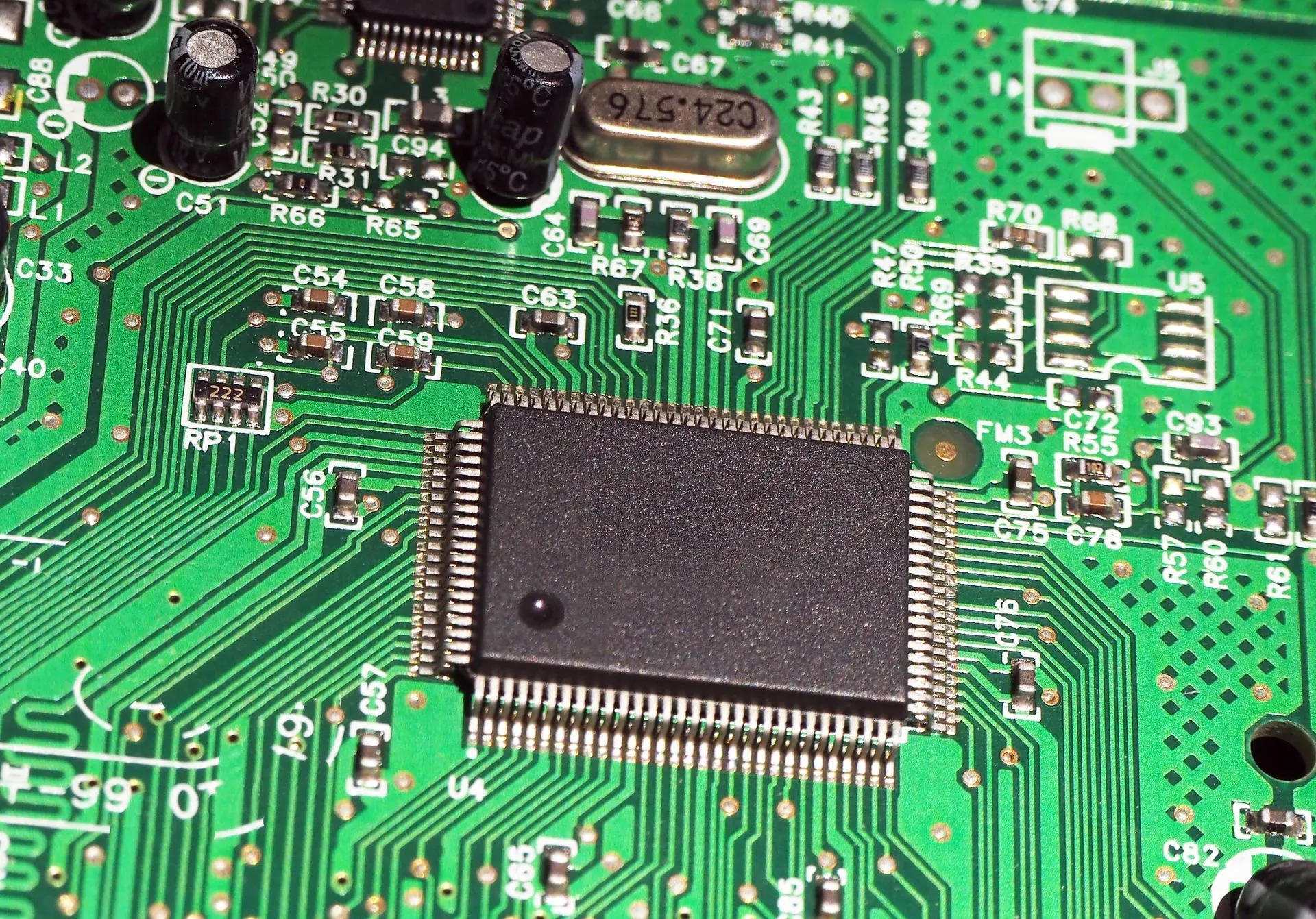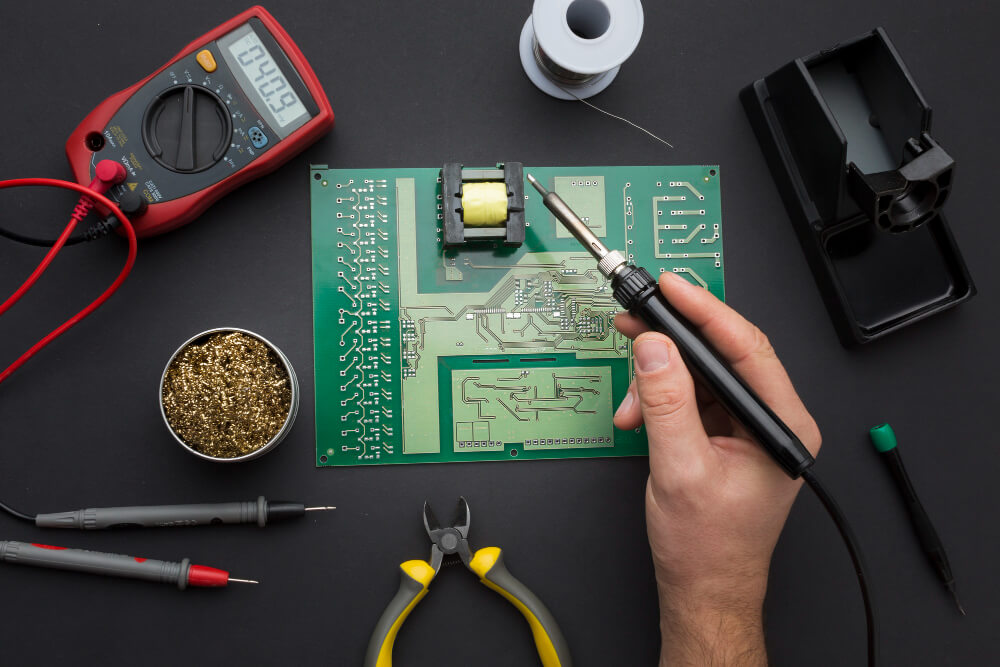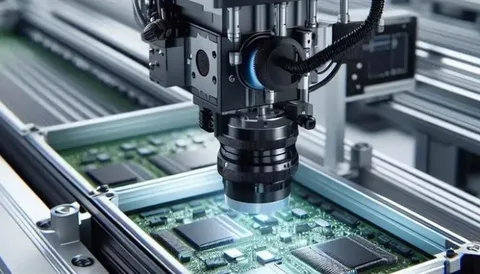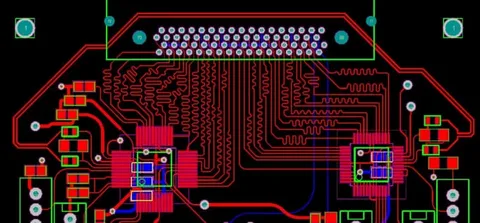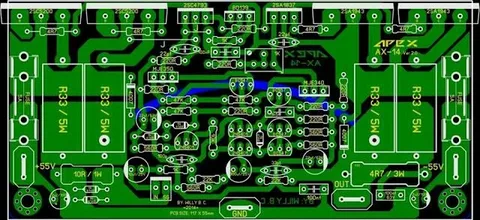California has long been a leader in technological advancements, and its PCB (Printed Circuit Board) manufacturing industry is no exception. Companies in this sector, such as Qual-Pro, play a vital role in producing high-quality circuit boards for industries like aerospace, automotive, medical, and consumer electronics. This article examines how PCB manufacturers in California are driving innovation, sustainability, and efficiency while adhering to industry standards and best practices.
The Role of PCB Manufacturing
PCBs are essential to modern electronics, forming the foundation for everything from smartphones to medical equipment. As industries demand smaller, faster, and more reliable circuit boards, manufacturers in California are continuously innovating to meet these evolving needs while ensuring compliance with environmental and industry regulations.
Advanced Technologies in PCB Manufacturing
High-Performance Materials
To enhance circuit board performance, manufacturers use specialized materials such as high-frequency laminates, flexible substrates, and metal core PCBs. These materials improve thermal management, signal integrity, and durability, making them ideal for applications like 5G networks and autonomous vehicles.
High-Density Interconnect (HDI) PCBs
HDI PCBs allow for miniaturization by using finer lines, smaller vias, and higher connection pad densities. Many manufacturers in California specialize in this technology, catering to industries that require high-speed and high-frequency operations while ensuring strict quality control measures.
Flexible and Rigid-Flex PCBs
Flexible and rigid-flex PCBs are increasingly popular in industries such as aerospace, medical devices, and wearables. These circuit boards offer space-saving designs, increased durability, and improved reliability in challenging environments, meeting industry-specific standards.
Automation and Artificial Intelligence (AI)
Automation and AI are revolutionizing PCB production. AI-powered inspection systems detect defects with precision, while automated assembly lines enhance efficiency and consistency. Many manufacturers integrate these technologies to improve product quality and speed up production cycles while maintaining compliance with global standards.
Sustainability in PCB Manufacturing
Environmental responsibility is a priority for many California PCB manufacturers, who are adopting sustainable practices such as:
- Eco-Friendly Materials: The shift toward lead-free and halogen-free materials helps reduce environmental impact and comply with regulatory standards.
- Waste Reduction: Advanced etching techniques and recycling programs minimize material waste, ensuring compliance with waste management regulations.
- Energy Efficiency: Many manufacturers invest in solar energy and other sustainable initiatives to lower their carbon footprint while adhering to environmental policies.
Industries Driving PCB Manufacturing in California
Aerospace and Defense
California is home to major aerospace and defense companies that require highly reliable PCBs. These circuit boards must withstand extreme temperatures, high vibrations, and radiation exposure while meeting military and aerospace industry regulations.

Automotive and Electric Vehicles (EVs)
The growing electric and autonomous vehicle market drives demand for specialized PCBs that support advanced driver assistance systems (ADAS), battery management systems (BMS), and power electronics, all developed under strict safety and performance guidelines.
Medical Devices
Precision and reliability are crucial in medical technology. California manufacturers produce PCBs for applications such as wearable health monitors, imaging equipment, and life-saving medical devices, ensuring compliance with stringent FDA and medical industry regulations.
Consumer Electronics
Silicon Valley fuels demand for cutting-edge PCBs in consumer electronics. Many manufacturers provide custom PCB design and rapid prototyping services, accelerating product development cycles while following industry best practices and consumer safety standards.
Challenges in PCB Manufacturing
Despite being a hub for innovation, PCB manufacturers in California face several challenges:
- Global Competition: Manufacturers must compete with lower-cost production facilities in Asia while maintaining high-quality standards and compliance with international trade policies.
- Supply Chain Disruptions: Semiconductor shortages and material availability issues can impact production timelines. Manufacturers are adopting strategies to ensure a stable supply chain.
- Regulatory Compliance: Strict environmental and labor laws require significant investment in compliance measures, increasing operational costs while ensuring adherence to safety and environmental regulations.
The Future of PCB Manufacturing in California
The future looks promising as manufacturers adopt emerging technologies like nanotechnology, 3D printing, and smart PCBs. With ongoing advancements in automation and sustainability, California remains a key player in the global electronics industry while ensuring compliance with evolving regulations.
Conclusion
California continues to lead the way in PCB manufacturing through innovation, quality, and sustainability. With cutting-edge technology and environmentally responsible practices, the state plays a crucial role in shaping the future of electronics manufacturing. Businesses seeking reliable circuit board solutions can find trusted partners among California’s top manufacturers, ensuring quality and compliance with industry regulations.

